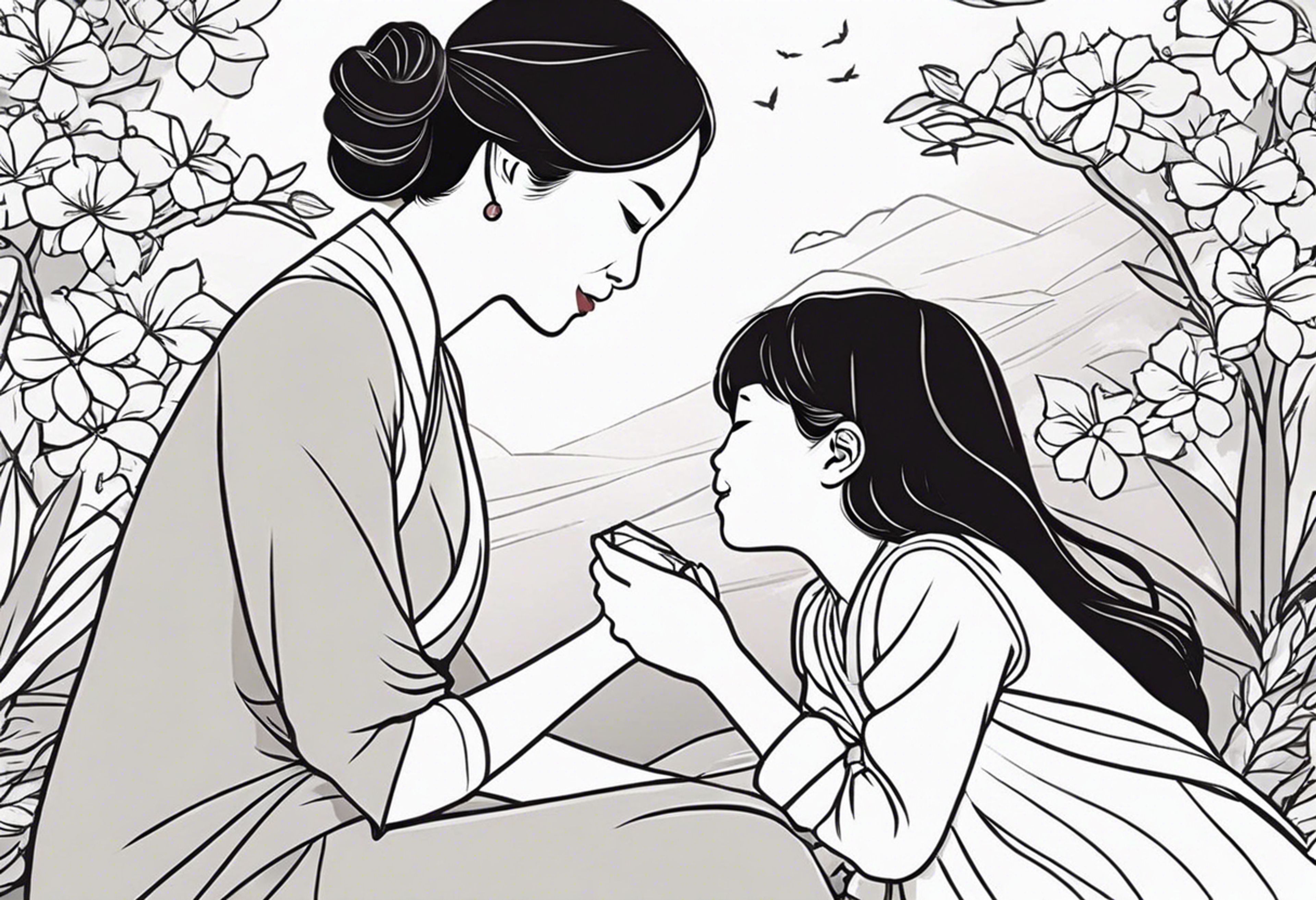From Trauma to Triumph: Understanding Grief and Finding Healing
Explore the profound journey of grief, its emotional impact, and effective coping strategies. Learn how to navigate heartache, seek support, and find meaning through personal growth and community resources.
When I was eight, I experienced a moment that would forever shape my understanding of grief. It was a summer afternoon, and I was napping in the back of my parents' convenience store. Suddenly, chaos erupted as a man fired a gun at my father, hitting him in the head. My mother, armed with nothing but a small broom, bravely fought off the attacker to protect me. This traumatic event, along with another similar incident when I was three, left an indelible mark on my family and me.
Grief is a universal experience that touches every human life, often in unexpected and profound ways. It is the emotional response to loss, encompassing a wide range of feelings from deep sadness to anger and confusion. Understanding grief and learning how to cope with it is crucial for navigating the heartache that accompanies loss.
Understanding Grief
The Nature of Grief
Grief is an emotional spectrum that includes sadness, anger, confusion, and sometimes even relief. These emotions can be overwhelming and unpredictable. Elisabeth Kübler-Ross's five stages of grief—denial, anger, bargaining, depression, and acceptance—provide a framework for understanding this complex process. However, it is important to remember that grief is a deeply personal experience and can vary significantly from person to person.
The Impact of Grief
Grief doesn't just affect our emotions; it can also manifest physically. Fatigue, changes in appetite, and sleep disturbances are common physical symptoms. Mentally, grief can lead to issues such as depression and anxiety, further complicating the healing process. Socially, grief can strain relationships and alter social dynamics, as individuals may withdraw or struggle to communicate their feelings.
Coping Mechanisms
Healthy Coping Strategies
One of the most effective ways to cope with grief is to seek support. Talking to friends and family or joining support groups can provide comfort and understanding. Professional help, such as therapy and counseling, can also be beneficial for those struggling with intense grief. Additionally, self-care practices like exercise, journaling, and meditation can help manage the emotional toll of grief.
Unhealthy Coping Mechanisms
While it might be tempting to avoid or deny grief, doing so can be harmful. Ignoring grief or pretending it doesn't exist can lead to unresolved emotions and prolonged suffering. Substance abuse is another dangerous coping mechanism, as drugs and alcohol can provide temporary relief but ultimately exacerbate the pain. Isolation, too, can deepen feelings of loneliness and sadness, making it harder to heal.
Moving Forward
Finding Meaning
Finding ways to honor and remember loved ones can be a powerful step in the healing process. Creating legacies through memorials or charitable acts can provide a sense of purpose and connection. Grief can also lead to personal growth, offering a deeper understanding of life and its fragility. While the journey through grief is challenging, it is possible to find joy and purpose again.
Support Systems
Community resources, both local and online, can offer valuable support for those navigating grief. Continued support from friends, family, and professionals is essential, as grief is not a linear process and can resurface over time. Checking in with oneself and others regularly can help ensure that the healing process continues.
Wrapping Up: Navigating Grief
Grief is a complex and deeply personal experience that affects us emotionally, physically, and socially. By understanding the nature of grief and employing healthy coping mechanisms, we can navigate the heartache and find a path to healing. Remember, seeking support and taking care of oneself are crucial steps in this journey. If you or someone you know is struggling with grief, don't hesitate to reach out for help. Together, we can find strength and hope in the face of loss.







